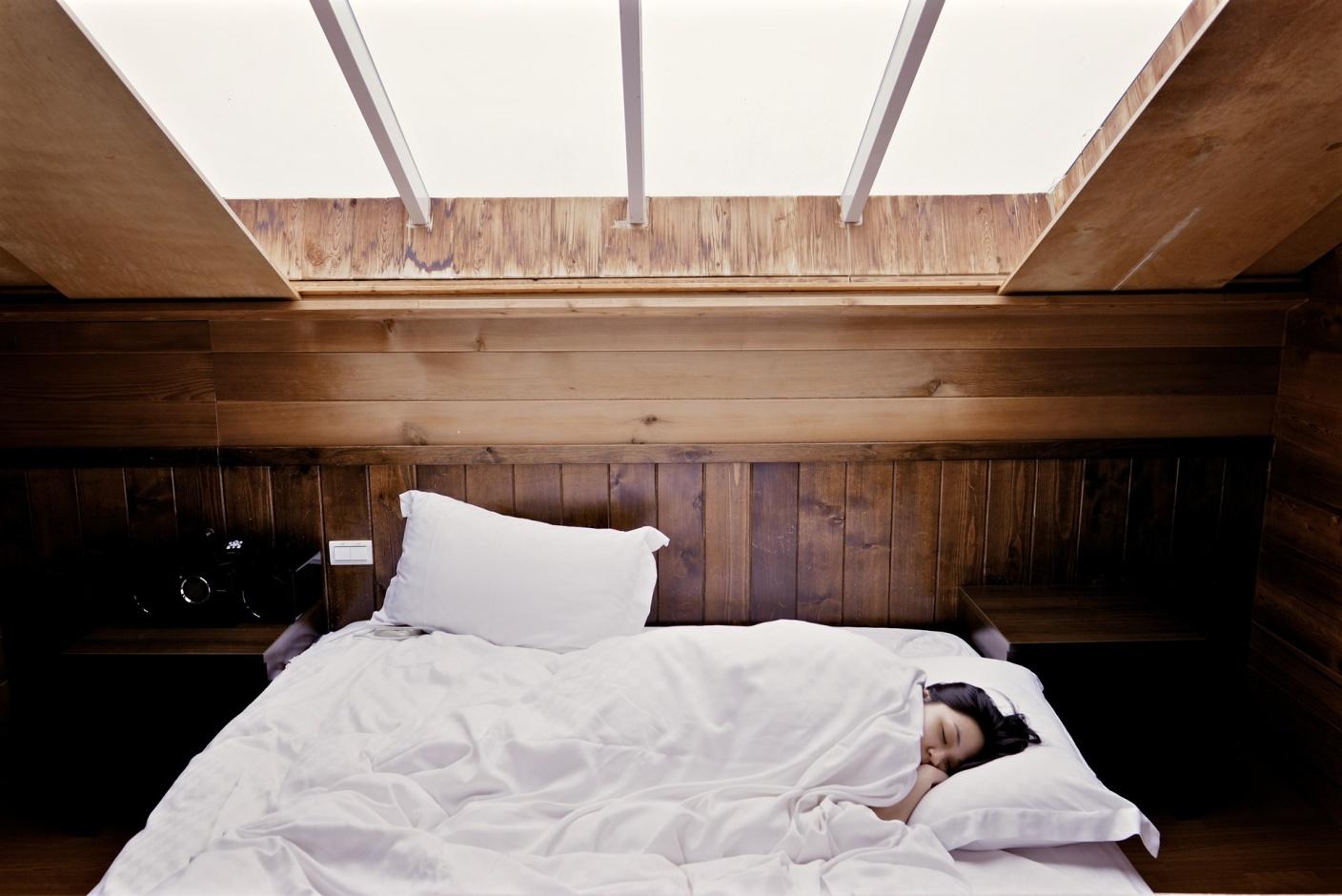If you’ve been having difficulty falling– and staying – asleep, you probably know more than a few techniques for a good and restful sleep, but these techniques are to no avail. Such things as ensuring your bedroom is dark and using heavy drapes may work for some, but it may not work for you. Perhaps you have tried the ubiquitous warm milk or chamomile tea without any great effects, either. Even having a regular sleep pattern may not have the desired result. But even if you think you have tried everything and there’s nothing more you can do but resign yourself to your fate, there might just be something you can still try – exercise and diet. Exercise and the right diet can have an impact on how good a sleep you can get, and here’s what you should know.

Exercise and its benefits for good sleep
Those who exercise regularly tend to sleep more soundly at night, and they also feel more energised during the daytime. But what else should you know about exercise and its connection to a good night’s rest? Let’s find out.
The more intensive your exercise, the more benefits you will get when it comes to a restful night’s sleep. But even if you walk for just 10 minutes during the day, this can already improve the quality of your sleep.
The benefits of exercise for sleep may take a while to manifest – in fact, it can take a few weeks or months of exercise before you notice its effects. But once it kicks in, it’s worth it, so it pays to be patient. Try to build a regular exercise routine; one that is suited to your preference and lifestyle so it will be easier to maintain.
It’s also important to time your exercise routine. Exercise can speed up your body’s metabolism, stimulate your body’s production of hormones, and increase your body temperature. This can be a huge benefit during the day, but if you exercise at night, this can affect your body’s sleep pattern.
It’s better to exercise during the morning or the afternoon. But some exercises, such as mild stretching or yoga, can promote better sleep.
The proper diet and its benefits for good sleep

What you eat during the day can also affect your sleep, so be careful about what you eat, particularly in the hours leading up to bedtime. Here’s what you should remember:
You may already know that caffeine can affect your sleep, but did you know that you can still feel the effects of caffeine even up to 12 hours after taking it? Smoking can also be a stimulant, so try to avoid smoking and drinking coffee or other caffeinated drinks in the late afternoon or close to your sleep schedule.
Stay away from heavy meals in the evening. If you can, eat supper early, and avoid carbohydrate-rich foods two hours prior to bedtime. Try to stay away from acidic or spicy foods as well, as this can cause heartburn.
Avoid taking alcohol just before sleeping; even if a nightcap is a good idea and can help you relax; it can still interfere with your cycle of sleep.
The right sleepwear can also make a big difference. Don’t wear clothing which is too restrictive. Some fabrics can promote better sleep as well, such as cotton and silk. Silk sleepwear is especially comfy, and the feeling of the material on your skin is not only luxurious but ultra-soft too.











